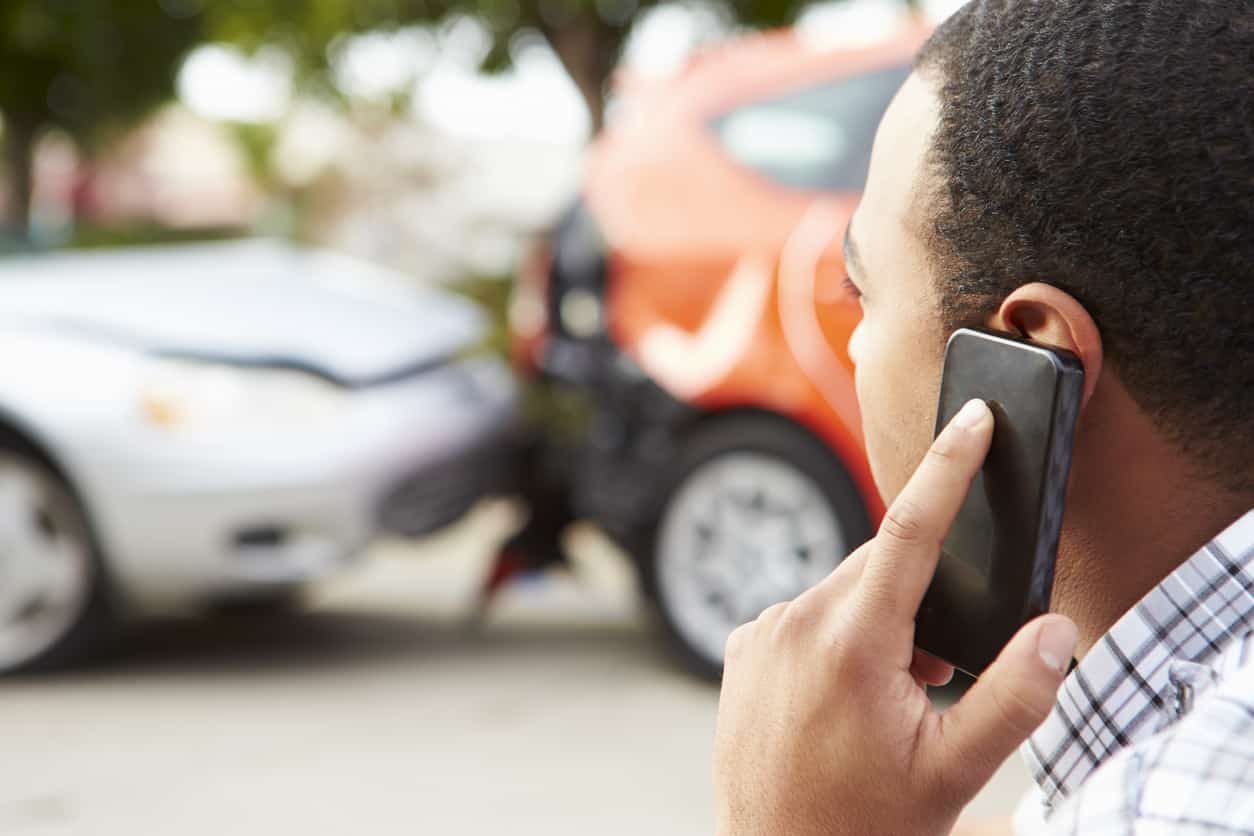If you get hurt in an accident, there is a very real chance that it was no accident at all. In fact, many so-called accidents can and should be prevented. Unfortunately, they happen when people make bad decisions that put others in danger, even if the wrongdoers don’t intend to hurt anyone.
Negligence or recklessness are two common levels of fault, and in either case, you could take legal action to collect compensation from the liable party. However, it can be helpful to know that there is a difference between negligence and recklessness, which we examine below.
Negligence
If someone is negligent, it means that he or she owed a duty to someone else and failed in that duty, which led to an injury-causing accident.
An example of negligence would be failing to look both ways when driving through an intersection or driving without your lights on at night. A driver who engages in these behaviors is not upholding his or her duty to drive safely.
Recklessness
Recklessness, on the other hand, refers to behaviors that a person knows could be dangerous but engages in anyway.
In the context of driving, this might include speeding down the shoulder of the highway during a traffic jam, fleeing police or drinking and driving.
Filing a claim citing negligence or recklessness
Depending on the details of what caused or contributed to your accident, you can work with your attorney to build a claim citing negligence or recklessness.
While these claims may seem similar, there are legal differences between them that affect things like compensation and liability. Because of this, it would be wise to consult an experienced personal injury attorney who can investigate your accident and help you build a claim, negotiate a settlement and/or take the case to court.
In cases involving either negligence or recklessness, securing compensation to cover damages you have suffered can be critical to your recovery. While money and lawsuits are not truly going to compensate you for catastrophic injuries, they can help you stay focused on your recovery and provide vital support for you and your family.



